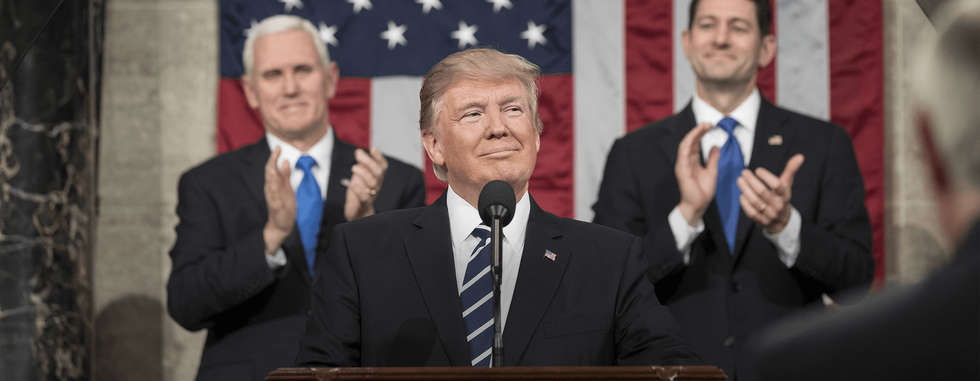The current tax bill which is under consideration by the house is touted as the biggest move in the Trump administration which will help make “America Great Again." As far as statistics tell us, this bill would only be benefiting very few income brackets and not all. As an example, the estate tax which makes it very difficult for businesses to be transferred from generation to generation because of the very high tax on it has been abolished. It will help the big businesses flourish.
Another important proposal is fewer tax brackets. What this means is more uniformity over tax cuts. Earlier the situation was that very high-earning groups would have to pay about 50% of their income as tax and the lower income groups would have to pay lesser depending on which bracket they belong to. This would really help the millionaires and harm the middle-class families. If the bracket is reduced too much, even low-income groups would have to pay as much tax as super-rich people. Both are independent of each other but when considered on a relative scale, the poor get poorer and the rich get richer.
Let’s now shift our focus to the graduate student population. The population which is not really considered worth discussing over because they are somewhere in the universities around the nation toiling in their labs. Who cares? The administration cares enough to reduce their take-home salaries which were already peanuts. The average comes out be around $2400 without taxes and around $2000 after tax cuts. Most graduate students survive on this amount for five or six years. I know people who completed their doctorate in seven or eight years. They usually never complain about the money they get because they love what they do. What went wrong then?
First, let’s understand what happens when a graduate student gets paid. The university or the advisors pay for the tuition and and the stipend for each student. Until now, only the stipend was taxable. Why would anyone tax tuition waiver? Makes no sense. You aren’t getting that money anyway so how can you tax it? The current tax reform would impose tax cuts even on the tuition waiver. And let me tell you a secret, graduate tuition is pretty scary because it’s a large amount for most international and out-of-state students. So what now? In a nutshell, the average salaries, after tax cuts, would come down to about $1,000 from the current average of $2,000. That. Is. Horrible.
In some of the private institutions, the tuition charged is very high. If this gets added to the taxable amount, the salaries would go even south of $1,000. Can you seriously survive on $1,000 in the United States? Now that I have been here for three months, my answer is a big no! This is a country where you need money to survive, the more the better. Graduate students who weren’t getting paid much anyway now will struggle to make their ends meet. There are many who would have to drop out of their programs if this bill is passed in the house, which it most likely will.
Graduate students are the population who conduct, organize and do the research, which in turn brings in grant money and research funding to universities. If they are gone, universities won’t have anything to do other than teaching. There are two solutions to this problem. First includes a method where the salaries are raised to offset the tax cuts. This would mean more money from university and the advisors towards their students, which in turn means fewer students get to study. Second would be to include the tuition waiver as a form of fellowship which aren’t taxable. This would take some big efforts from the universities if they want to retain their graduate students.
I think we will just have to wait a month to see what really happens to the current scenario.





 StableDiffusion
StableDiffusion StableDiffusion
StableDiffusion StableDiffusion
StableDiffusion Photo by
Photo by  Photo by
Photo by  Photo by
Photo by 
 Photo by
Photo by  Photo by
Photo by  Photo by
Photo by  Photo by
Photo by  Photo by
Photo by 










